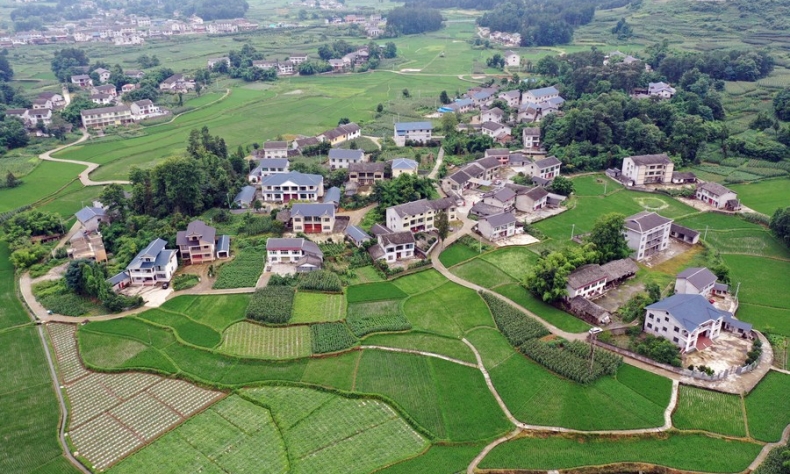Still a Developing Country

Whether China is a developed country or not is not for the United States to decide.
In late March, the U.S. House of Representatives passed a bill requiring the Department of State to work to remove China’s classification as a developing country in international organizations. The move aims to strip China of key support offered to all developing nations and hinder its cooperation with other developing countries in the Global South.
Whether China is a developing country has been a hotly debated issue among U.S. politicians in recent years. However, this is the first time that U.S. authorities have taken action on the issue, placing U.S. domestic laws above international laws to define China as a developed country.
When asked about these moves, Wang Wenbin, spokesperson for China’s Ministry of Foreign Affairs responded on May 12 that China’s status as the world’s largest developing country is widely recognized. “The U.S. wants to put a label on China that says ‘developed country.’ I’m afraid this simply will not stick,” Wang said.
Although no international organization has ever sought to create a legally recognized definition of a developing country, there is extensive consensus on what developed and developing countries respectively are. Per-capita GDP and per-capita gross national income (GNI) are usually used to measure a country’s economic level. Based on statistics from the World Bank, the International Monetary Fund and the UN Development Program, there are a little more than 30 developed countries in the world. The newest member to join the camp is the Republic of Korea, which was officially recognized at the 68th board meeting of the UN Conference on Trade and Development in July 2021.
International consensus sees developed countries as being in the post-industrialization stage and possessing economies that center on services, while developing countries are still in the process of industrialization. Developed countries share the striking feature of high per-capita GDP and per-capita GNI.

Although China is the world’s second largest economy, its major economic indexes do not satisfy international consensus on the definition of a developed country. In 2022, China’s per-capita GDP stood at $12,741, one fifth of the average for developed economies and one sixth that of the United States. In 2021, China’s per-capita GNI ranked 68th worldwide, while it was ranked 79th on the human development index, a metric compiled by the UN Development Program and used to quantify a country’s average achievement in human development. Both of these measures place it indisputably within the ranks of developing countries.
So why is the United States so eager to label China a developed country? It appears to be the latest trick in its campaign to contain China’s rise. In a number of international treaties, developed and developing countries are required to undertake different responsibilities. For example, if China is defined as a developed country, a prematurely tightened schedule for carbon emission reduction will inevitably weigh on its industrial advancement. Additionally, developing countries are offered access to low-interest or even interest-free World Bank loans. Depriving China of the support offered to developing countries and yoking it with the responsibilities of developed countries will undoubtedly hinder its economic and social development.
China never makes use of its developing country status as an excuse to evade international obligations or to jostle for favorable policies. Instead, it strives to contribute to world peace and development. For instance, China contributed 38.6 percent of world economic growth from 2013 to 2021 annually on average. It has taken a leading role in realizing the UN Sustainable Development Goals by reducing more than 70 percent of the world’s poverty. It is also the second largest contributor to both the UN’s regular budget and its peace-keeping operations spending.
Whether China is a developed country or not is not for the United States to decide. China and its people are still on the path to the prosperity enjoyed by developed nations and U.S. attempts to block the way once again expose its belief that not all nations deserve to be developed.
 Facebook
Facebook
 Twitter
Twitter
 Linkedin
Linkedin
 Google +
Google +










